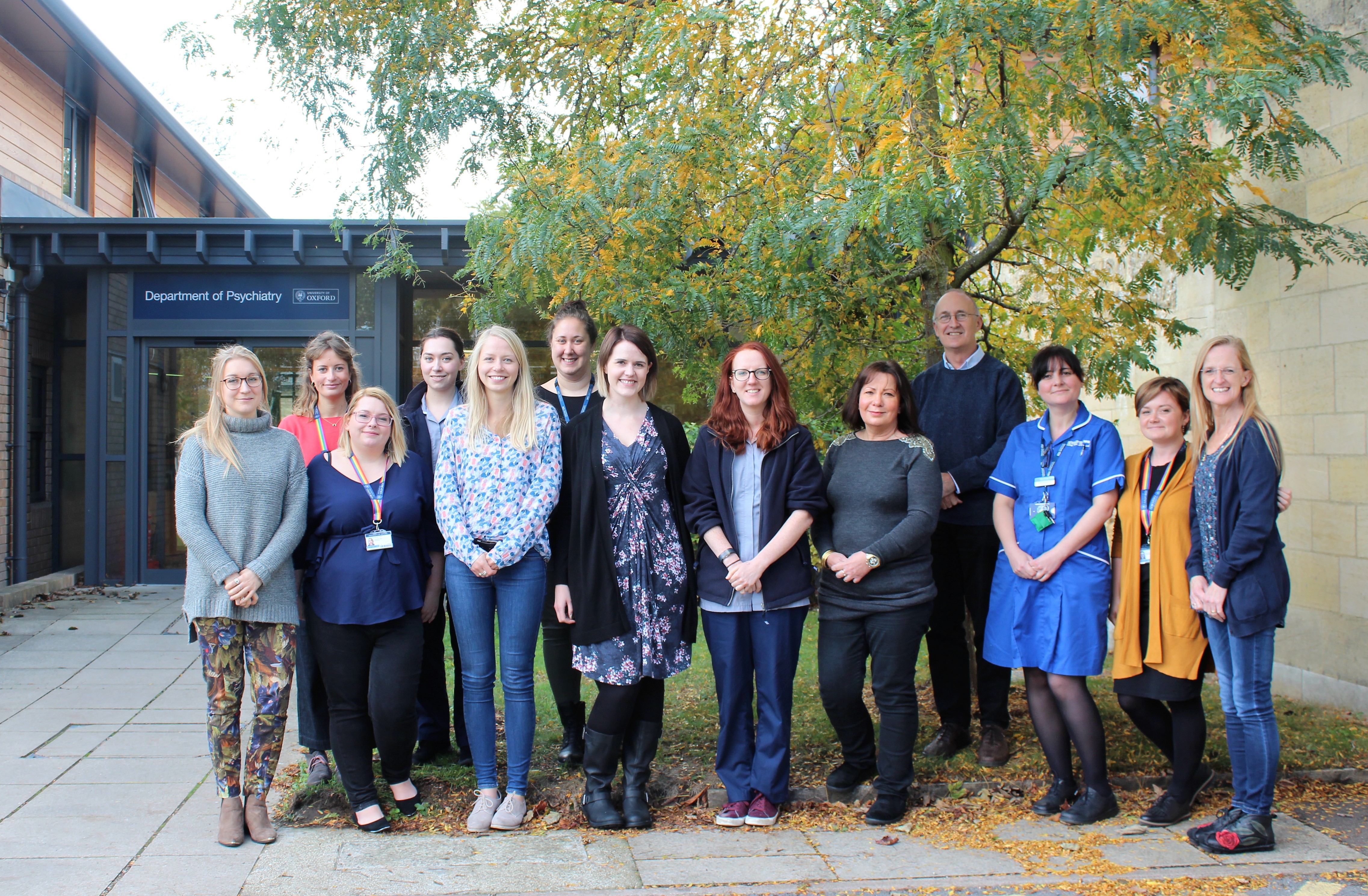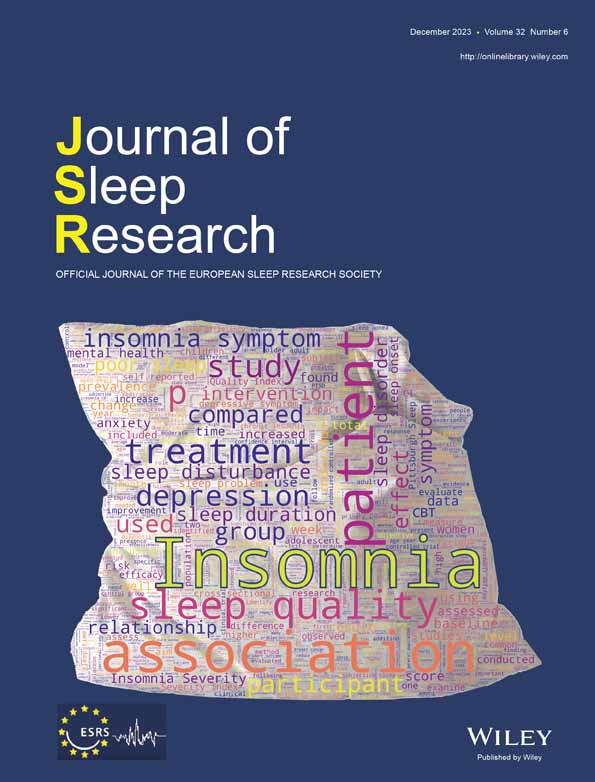
On World Alzheimer’s Day, the members of the EPAD initiative have reached a new milestone where the EPAD Longitudinal Cohort Study (LCS) has screened more than 1,000 research participants. Within EPAD, the team at University Of Oxford (UOF) has been recruiting successfully and recruited the 1,000th participant.
Dr Vanessa Raymont, principal investigator of the EPAD project in Oxford was delighted by the success of her team: “’The Oxford site staff are exceptionally proud to have recruited the 1,000th participant – it’s all about the team work!”.
In this newsflash, we get to know the UOF team behind EPAD including their activities already done to recruit, engage and retain research participants. Check out their best practices below:
Do you have any top tips to share for running the LCS efficiently at your site? UOF: Organisation is key! We make sure that the all parts of the visits are booked in as early as possible (sometimes up to 2 months before!) to avoid any issues down the line with the visit windows and limited resource availability. Also, as we work across multiple NHS and University teams, clear communication pathways and processes are vital. With regards to efficient communication with potential participants’, we would highly recommend using the informational videos created by the Alzheimer’s Society (available on YouTube). These videos demonstrate many of the procedures involved in EPAD visits from a participant’s perspective, and lots of our participants have fed back that they found them very useful in helping them make a decision about participation.
How are you able to find suitable subjects for the cohort? UOF: We aim to tap into as many wide-ranging recruitment sources as possible so that we can offer this great opportunity to all those who are interested. By working closely with local memory clinics we ensure that people experiencing mild cognitive impairment are given the chance to get involved, as well as their interested family members, friends and carers. We also use registers such as the national ‘Join Dementia Research’ platform and our own healthy volunteer register ‘OxDARE’, to find suitable participants across Oxfordshire and Buckinghamshire.
Are you organising teleconferences (TC) with other EPAD sites in England? UOF: We have monthly TC’s with the TDC coordinators, where we discuss our progress, successes and struggles. In England, there is quite a lot of overlap in terms of recruitment sources and strategies, as well as contractual arrangements, so it is key to keep in touch, share our experiences and help support each other. As the lead site for the region, Oxford aims to support the CRO and the TDC’s in its region in the setup process, day to day management, as well as in the long term.
Have you organised or attended any events/conferences which have been beneficial for recruitment into EPAD? UOF: Over the summer we have attended multiple different events in and around Oxford to boost recruitment into EPAD and promote dementia research more generally. From providing an informational stall at our hospital’s open day as part of Oxford Open Doors, to giving a talk on current themes in dementia research at a local “Matters of Memory” event, we find that engaging with the public and clinical colleagues about the science of dementia prevention is beneficial for recruitment into EPAD. We are aiming to continue and actually increase these local events in the future. We are currently planning an informational event for carers in partnership with a local care home later in October, as well as an Oxford educational event around dementia prevention.
Pictured: from left to right: Amy Chinner (Research Assistant), Sophie Walker (back, Research Assistant), Jasmine Blane (front, Research Assistant), Laura Eshmene (Research Facilitator, back), Leona Wolters (Research Assistant, front), Sarah Mather (back, Clinical Research Assistant), Jen Lawson (Senior Trials Manager), Emily Broadhurst (Clinical Research Assistant), Dr Vanessa Raymont (Principal Investigator), Prof John Gallacher (National Lead for England and Wales), Juliana Ballaminut (Clinical Research Nurse), Delia Gheorghe (National Lead Coordinator for England and Wales), Dr Sarah Bauermeister (Psychometric Analyst).
EPAD Update:
September was the best month so far in the EPAD LCS for number of participants screened, there was a total of 105 screened across 20 European centres. Special mentions this month go to VUmc (Amsterdam, Netherlands) as the team screened 13 research participants in September for their inclusion in the EPAD study. We are pleased that Bruno Dubois’s team in Paris La Salpetriere (France) and Pablo Martinez-Lage’s team in San Sebastian (Spain) screened both 12 new participants in September.







